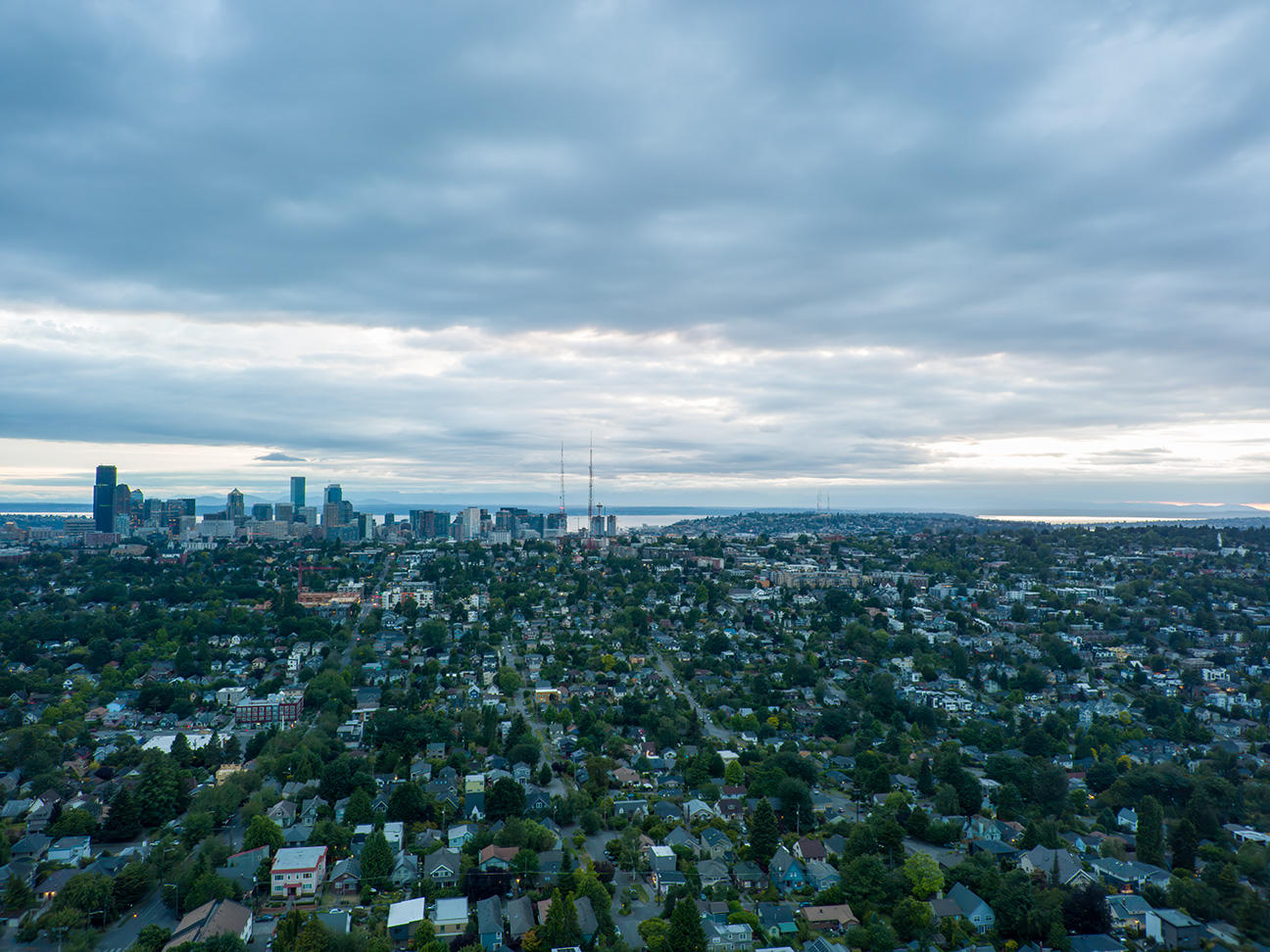To hear right wing media tell it, residential neighborhoods in the heart of progressive Seattle are crime-infested nightmares that are unsafe to be in. But the Northwest Progressive Institute’s latest local poll, which fielded last week, has found that more than three in five likely voters in Seattle District #3, which includes Capitol Hill, report that they feel safe in their neighborhood community.
Respondents were given the ability to rate their feeling of safety, or lack thereof, on a scale of zero to ten, with zero equating to feeling not safe at all and ten equivalent to feeling very safe. 64% of our respondents picked 6, 7, 8, 9, or 10 on the scale. 14% picked 5, and 22% picked 0, 1, 2, 3, or 4.
We think this is a compelling bit of data that emphatically contradicts the public safety narrative that right wing Republicans have been trying to peddle about Seattle in recent years. They speak of Capitol Hill as a nexus of left wing lawlessness. The reality is that we face public safety challenges in big cities and small towns alike, but neighborhoods like Capitol Hill are reasonably safe places — and there’s no better judge of that than the people who live and vote there.
Here’s the exact text of the question we asked and the responses:
QUESTION: On a scale of 0 to 10, please rate how safe you feel in your Seattle neighborhood community, with 0 being the least safe and 10 the most safe.
ANSWERS:
- Feel safe: 64%
- 10 (feel very safe): 6%
- 9: 12%
- 8: 22%
- 7: 17%
- 6: 7%
- Neither safe nor unsafe | 5: 14%
- Feel unsafe: 22%
- 4: 5%
- 3: 5%
- 2: 6%
- 1: 3%
- 0 (feel not safe at all): 3%
Our survey of 327 likely 2023 Seattle City Council District #3 general election voters was in the field from Tuesday, October 31st, until Friday, November 3rd. The poll was conducted entirely online for the Northwest Progressive Institute by Change Research and has a modeled margin of error of 5.7%.
A plurality of respondents (22%) selected a rating of 8 out of 10.
Another 12% selected a rating of 9 out 10 and another 17% selected a rating of 7 out of 10. Combined with the 6% who rated their safety at 10 out of 10 and the 7% who said 6 out of 10, that’s a total of 64%.
We asked those respondents who indicated they feel safe what the city is doing, if anything, that is helping them to feel safe. About half the poll sample accepted the invitation to provide commentary. Let’s consider a selection of responses from likely voters in District #3, including several who reside on Capitol Hill or First Hill.
Again, the follow-up question was:
QUESTION: You indicated you feel safe in your Seattle neighborhood community. What, if anything, is the city government currently doing that’s helping you to feel safe?
“First responders seem to be prioritizing helping people causing their own crisis issues from substance abuse and mental illness caused by homelessness/malnutrition (I volunteer helping with the latter),” said a male respondent between the ages of fifty to sixty-four.
“Not the government’s doing, I just have a strong community in this neighborhood. The government could find a way to pick trash up off the streets, create more services for houseless folks, maintain community spaces like the BLM garden in Cal Anderson, and paint more crosswalks in heavily trafficked areas,” said a female respondent between the ages of eighteen to thirty-four.
“I feel somewhat safe in my neighborhood because there is a high density of people, fairly good urban design that deprecated cars, [thus making it safer for] bikes and people, and thriving businesses that keep eyes on the street,” said a male respondent between the ages of eighteen to thirty-four.
“Seattle police and fire are doing their best despite being under attack and understaffed. Mostly it’s my neighbors that make me feel safe because they are awesome,” said a female respondent between the ages of fifty to sixty-four.
“Traffic calming efforts. More neighborhood centered homeless services for local response. Funding to support small businesses [dealing] with property crimes,” said nonbinary respondent between the ages eighteen to thirty-four.
“There is a consistent, visible police presence in my neighborhood, and there have been efforts to limit vagrancy and criminal activity in local parks and streets,” said a male respondent between the ages of thirty-five and forty-nine.
“I do not approve of the sweeps. I feel safe because there is constant foot traffic and I am not afraid of people who don’t have homes,” said a female respondent between the ages of eighteen to thirty-four.
Many of the comments felt to our team like rejoinders to the videos put out by right wing agitators such as The Discovery Institute’s Jonathan Choe, which have been repurposed for ridiculous segments on Fox, such as this nonsense from The Five. An increasing number of Seattleites do appear to be aware of the ongoing effort to cynically paint the Emerald City in a bad light through the uploading and publication of clips depicting the living arrangements of unhoused people.
We saw more optimism than pessimism across the responses. There’s an appreciation that Mayor Bruce Harrell and the Seattle City Council are trying to implement better policies and turn the page on the Durkan era.
A lot of voters say they draw comfort and strength from their neighbors and are looking forward to witnessing a transformation of policing in Seattle.
As another one of our respondents put it: “I believe a big element of Seattle’s safety is just cultural. I am, however, happy that the City finally launched its CARE initiative to respond more appropriately to persons in crises, and I hope marks the beginning of a more caretaking approach to policing vs. a gladiatorial one.”

